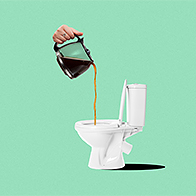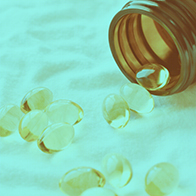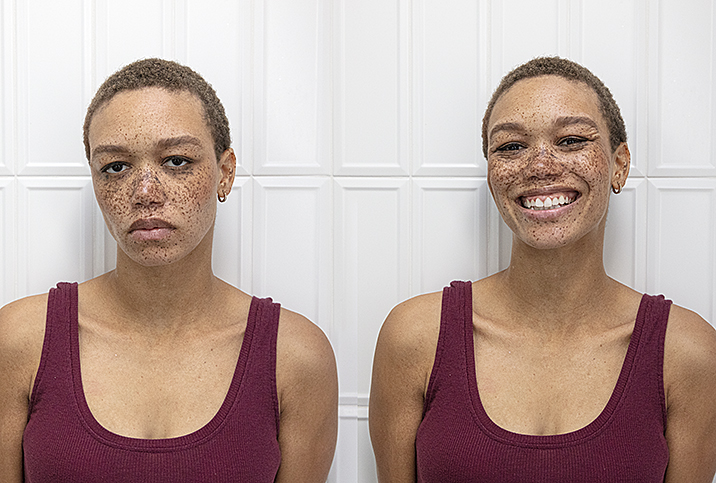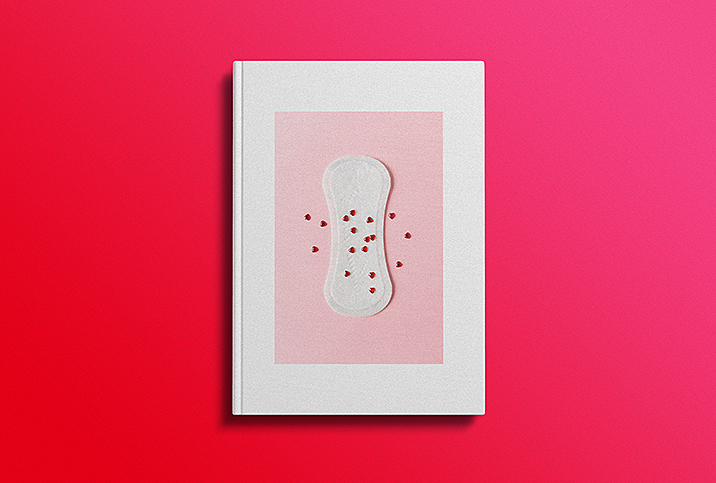Caffeine Won't Worsen Your PMS Symptoms
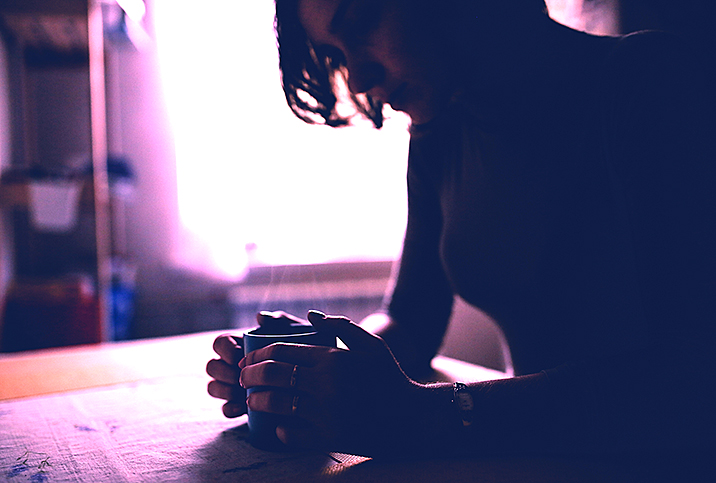
The American College of Obstetricians and Gynecologists (ACOG) has long recommended avoiding caffeine to help relieve premenstrual syndrome (PMS) symptoms. However, recent studies have failed to find a link between caffeine intake and PMS, suggesting that cutting back won't yield any benefits for women experiencing PMS. We spoke to medical professionals about this conflicting information and what they recommend to their patients.
Caffeine is a natural substance found in more than 60 plants, and most of its effects are widely known—most notably, stimulation of the central nervous system resulting in feelings of alertness and energy. Too much caffeine can lead to dehydration, anxiety, insomnia, dizziness and headaches—all of which are symptoms of PMS as well.
Caffeine, "the world's most popular drug," is most often consumed in coffee, which plays a daily role in the lives of many Americans. Data from 2020 showed that 62 percent of Americans drank coffee every day, and 70 percent drank coffee at least once per week.
Coffee's effects on the menstruating half of the population
"It has been hypothesized that an increase in caffeine can raise estrogen levels, which can contribute toward PMS symptoms, but this has not been able to be proven consistently," said Monica Grover, D.O., M.S., a double board-certified gynecologist at VSPOT Sexual Health Spa, who usually drinks two cups of coffee a day. It's been hard to prove caffeine heightens the effects of PMS, and in many cases, she explained, the results are based on correlation, not causation.
As with any other drug, our bodies can build up a tolerance or become addicted to caffeine and suffer withdrawal. Caffeine withdrawal can lead to nausea, headaches, irritability, insomnia, muscle pain and difficulty concentrating. Again, these symptoms overlap with the symptoms of PMS.
"If [women] are used to regularly drinking caffeine and try to avoid it, they may have some caffeine withdrawal symptoms, which can be contributory toward their PMS symptoms feeling worse," Grover said.
Victoria Dutt, a 26-year-old pharmacy technician and self-professed coffee addict in Reading, Pennsylvania, has found this to be true for her. "If I don't have caffeine or enough sleep, and I'm anywhere close to having my period," she said, "I get horrible migraines. Like, blind in my eyes, throbbing pain migraines." Her PMS symptoms also include depressive episodes, suicidal thoughts and lack of appetite. When compounded with caffeine withdrawal, the effect is debilitating.
"One time at work," Dutt said, "I got a migraine and had to leave because I was in the bathroom holding my head in pain, and I couldn't see out of my left eye." For Dutt, going without caffeine is simply not an option.
So, what does the doctor recommend?
Jacqueline Darna, NMD, CEO and medical inventor of NoMo Nausea, said she recommends some of her patients enjoy a cup or two of coffee a day. "If fatigue, abdominal bloating, and headaches are prevalent in my patients' symptoms, then a cup of coffee can help fix those temporary symptoms they are feeling."
In moderation, coffee contains a surprising number of health benefits, including several helpful nutrients, such as riboflavin, manganese, potassium, pantothenic acid, magnesium and niacin. Beyond that, it helps lower the risk of type 2 diabetes, Alzheimer's disease, dementia, Parkinson's disease and liver cancer, and helps fight depression.
"New studies show that caffeine doesn't worsen the effects of PMS, and, in fact, can help with the slowed response time to cognitive tasks and psychomotor tasks seen in the luteal phase," explained Darna.
'If fatigue, abdominal bloating, and headaches are prevalent in my patients' symptoms, then a cup of coffee can help fix those temporary symptoms they are feeling.'
However, Darna told us some of her patients feel their PMS symptoms are worse when they drink coffee. This is what she calls the "two faces'' of caffeine: The drink can cause both positive and negative side effects for different people. For these patients, she recommends avoiding caffeine and using other natural remedies instead, such as dandelion and parsley for bloating (they're natural diuretics) or peppermint oil for mood-boosting and appetite suppression.
Darna, Grover and Dutt all acknowledge that PMS is a subjective experience. Some women might have increased anxiety or digestive issues if they drink more coffee than usual during PMS. Meanwhile, other women who are accustomed to a certain level of caffeine might find their PMS symptoms worsened by caffeine withdrawal, and a simple cup or two of coffee might provide relief. While the research doesn't indicate caffeine will help alleviate PMS, it also doesn't seem to worsen it—but caffeine withdrawal will.
If you're already drinking coffee daily, there's likely no need to stop when you're experiencing PMS, and doing so could actually make your symptoms worse. But if you're not a regular coffee drinker and you've noticed consuming caffeine during PMS heightens your symptoms, then it's best to avoid it. At the end of the day, do what seems to work best for you, and consult your OB-GYN if you have questions about managing your PMS symptoms.







